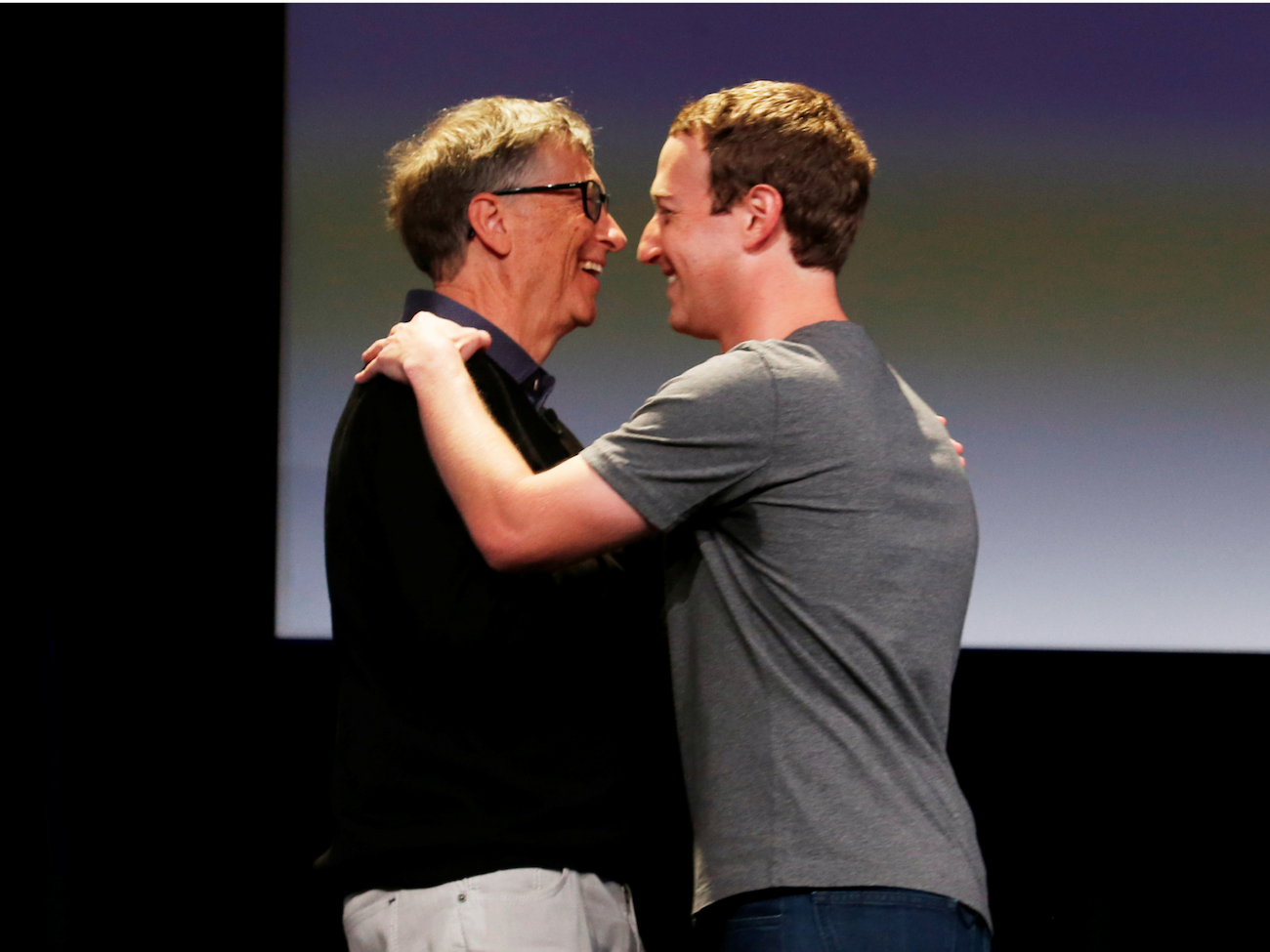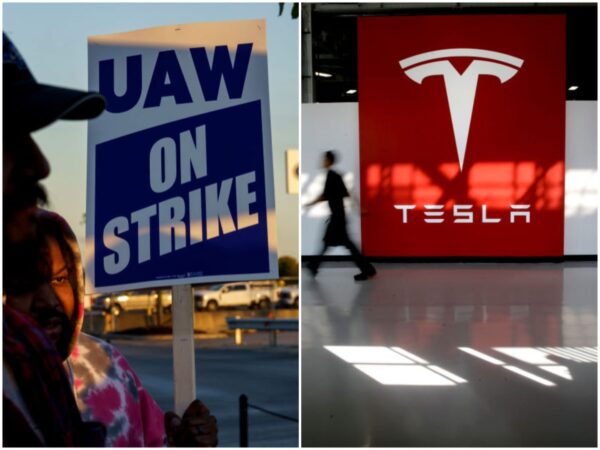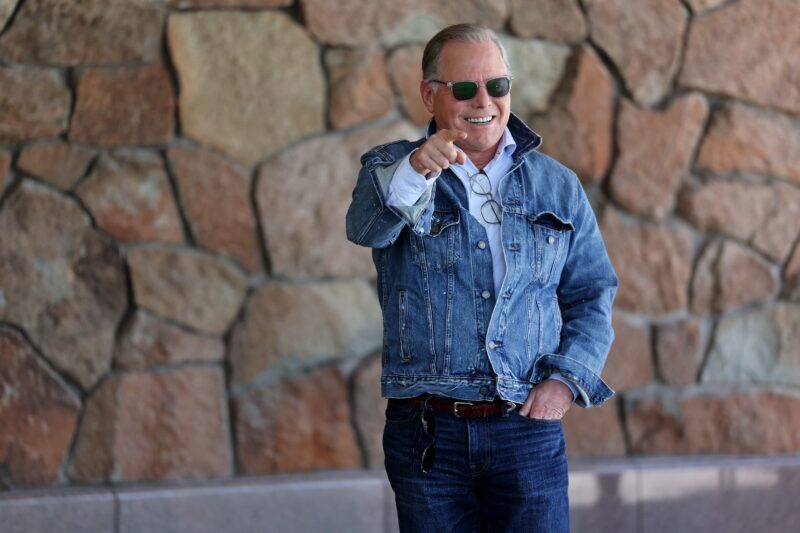Bill Gates and Mark Zuckerberg, two of the wealthiest and most successful people in the world, both credit reading as integral to their success.
Gates, the former CEO of Microsoft, reportedly reads 50 books a year. In 2015, Zuckerberg, the current CEO of Facebook, created an online book club in which he read a book every two weeks.
Here are some of the titles the pair has recommended over the past few years.
‘Creativity, Inc.’ by Ed Catmull

Genome science can hardly be considered a topic of mainstream interest, but Gates says Mukherjee manages to capture its relevance to people’s daily lives. He seeks to answer big questions concerning our personalities and what makes us, us.
“Mukherjee wrote this book for a lay audience, because he knows that the new genome technologies are at the cusp of affecting us all in profound ways,” Gates wrote.
Mukherjee is what Gates calls a "quadruple threat." He's a practicing physician, teacher, researcher, and author.
'The Gene: An Intimate History' by Siddhartha Mukherjee

Genome science can hardly be considered a topic of mainstream interest, but Gates says Mukherjee manages to capture its relevance to people's daily lives. He seeks to answer big questions concerning our personalities and what makes us, us.
"Mukherjee wrote this book for a lay audience, because he knows that the new genome technologies are at the cusp of affecting us all in profound ways," Gates wrote.
Mukherjee is what Gates calls a "quadruple threat." He's a practicing physician, teacher, researcher, and author.
'Better Angels of Our Nature,' by Steven Pinker
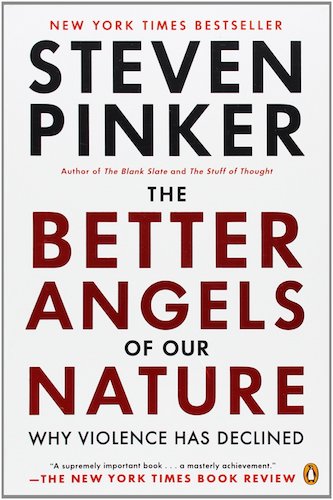
Zuckerberg admits that this 800-page, data-rich book from a Harvard psychologist can seem intimidating.
But the writing is actually easy to get through, and he thinks that Pinker's study of how violence has decreased over time despite being magnified by a 24-hour news cycle and social media is something that can offer a life-changing perspective.
It should be noted that Bill Gates also considers this one of the most important books he's ever read.
If you'd like to save some time, check out our summary of the book.
'Gang Leader for a Day' by Sudhir Venkatesh

Venkatesh is a Columbia University sociology professor who, in a radical sociological experiment, embedded himself into a Chicago gang in the 1990s.
Zuckerberg says that Venkatesh's story is an inspiring one of communication and understanding across economic and cultural barriers.
"The more we all have a voice to share our perspectives, the more empathy we have for each other and the more we respect each other's rights," Zuckerberg wrote.
'Sapiens: A Brief History of Humankind' by Yuval Noah Harari

We weren't always the only species of human being on Earth. Roughly 100,000 years ago, there were actually six varieties of people, but homo sapiens were the only ones who made it to today. How come?
"Both Melinda and I read this one," Gates said, "and it has sparked lots of great conversations at our dinner table. Harari takes on a daunting challenge: to tell the entire history of the human race in just 400 pages."
But Harari doesn't dwell on the past. He looks toward a future in which genetic engineering and artificial intelligence make our definition of "human" even more fluid.
From Gates: "I would recommend Sapiens to anyone who's interested in the history and future of our species."
'Shoe Dog' by Phil Knight

Knight, the co-founder of Nike, released the first insider account of the world-famous retailer earlier this April.
Gates calls the book a "refreshingly honest" reminder that the road to success is never a straight line. It's a winding path rife with disagreements, fallouts, and hurt feelings.
"I've met Knight a few times over the years," Gates writes. "He's super nice, but he's also quiet and difficult to get to know. Here Knight opens up in a way few CEOs are willing to do."
'The Structure of Scientific Revolutions' by Thomas S. Kuhn

If there was ever a philosophy book to read by a physicist, it's probably "The Structure of Scientific Revolutions."
Since its initial publication in 1962, this look at the evolution of science and the effect it has on the modern world has become "one of the most cited academic books of all time," according to the Stanford Encyclopedia of Philosophy. Zuckerberg thinks that being aware of how scientific breakthroughs are the catalysts for social progression can be a "force for social good."
Kuhn's book is best known for introducing the phrase "paradigm shift," representing instances in scientific history when a perspective was fundamentally shifted, like when quantum physics replaced Newtonian mechanics.
'String Theory' by David Foster Wallace

No, not that kind of string theory.
The book is a collection of essays from David Foster Wallace that all revolve around tennis - the late author's favorite game.
Gates says he's been trying to get back into the sport after some small professional matters (read: starting one of the world's largest tech companies and becoming a celebrated philanthropist) got in the way.
"You don't have to play or even watch tennis to love this book," he writes. Wallace "wielded a pen as skillfully as Roger Federer wields a tennis racket."
'Why Nations Fail' by Daren Acemoglu and James Robinson

"Why Nations Fail" is an overview of 15 years of research by MIT economist Daren Acemoğlu and Harvard political scientist James Robinson, and was first published in 2012.
The authors argue that "extractive governments" use controls to enforce the power of a select few, while "inclusive governments" create open markets that allow citizens to spend and invest money freely, and that economic growth does not always indicate the long-term health of a country.
Zuckerberg's interest in philanthropy has grown alongside his wealth in recent years, and he wrote that he chose this book to better understand the origins of global poverty.
'The Three-Body Problem' by Cixin Liu
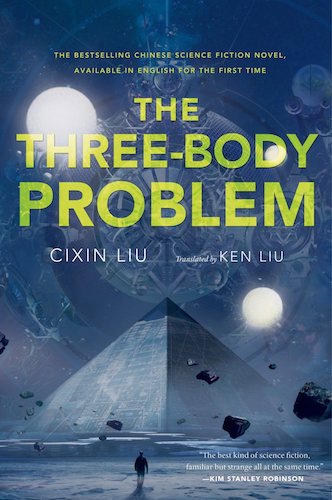
"The Three-Body Problem" was first published in China in 2008, and the English translation that came out last year won the 2015 Hugo Award for Best Novel, an award for sci-fi book of the year.
It's set during Mao Zedong's Cultural Revolution, and kicks off when an alien race decides to invade Earth after the Chinese government covertly sends a signal into space.
Zuckerberg wrote that it's a fun break from some of the heavier material he's been reading in his book club.
'World Order' by Henry Kissinger
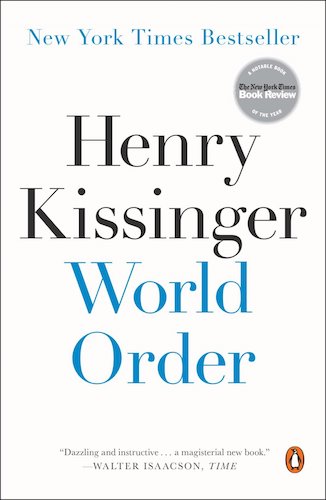
In the weeks following the birth of his daughter, Max, Zuckerberg says he'd been thinking a lot about the importance of creating a peaceful world for future generations.
"World Order" instructs the reader on the finer points of how various countries have traditionally dealt with one another, made mistakes, and learned to show compassion for different points of view.
It is a book perfectly suited for a modern age in which global conflict can sometimes seem impossible to resolve.
'Rational Ritual' by Michael Suk-Young Chwe

Zuckerberg thinks this book by UCLA economist Michael Suk-Young Chwe can help its readers learn how to best use social media.
"The book is about the concept of 'common knowledge' and how people process the world not only based on what we personally know, but what we know other people know and our shared knowledge as well," Zuckerberg wrote.
Chwe's idea may sound complicated, but it's essentially a breakdown of the psychology behind people's interactions with others in public settings, and how they use these communities and rituals to help form their own identities.
'The Grid: The Fraying Wires Between Americans and Our Energy Future' by Gretchen Bakke
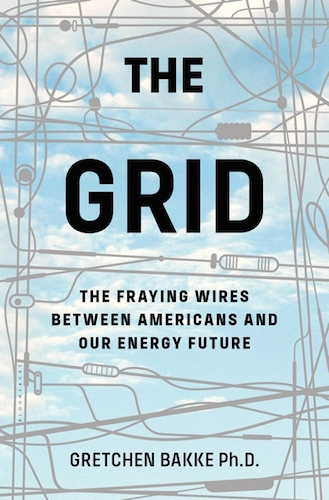
"The Grid" is a perfect example of how Bill Gates thinks about book genres the way Netflix thinks about TV and movies.
"This book, about our aging electrical grid, fits in one of my favorite genres: 'Books About Mundane Stuff That Are Actually Fascinating,'" he wrote in 2016.
Growing up in the Seattle area, Gates' first job was writing software for a company that provided power to the Pacific Northwest. He learned just how vital power grids are to everyday life, and "The Grid" serves as an important reminder that they really are engineering marvels.
"I think you would also come to see why modernizing the grid is so complex," he wrote, "and so critical for building our clean-energy future."
'Seveneves' by Neal Stephenson

After a science-fiction dry spell of more than a decade, Gates picked up "Seveneves"on a friend's recommendation, and he says he's grateful for it. "The plot gets going in the first sentence, when the moon blows up," he wrote on his blog.
But that's only the beginning. The world soon learns the entire species is doomed: In two years' time, a cataclysmic meteor shower will destroy all life on the pale blue dot. It's up to humanity to send as many spacecraft into orbit as possible with the hope of escaping the apocalypse.
"You might lose patience with all the information you'll get about space flight," Gates writes, "but I loved the technical details."
'Thing Explainer: Complicated Stuff in Simple Words' by Randall Munroe

Munroe, the mastermind behind the xkcd web comic, published a book in 2015 that explained pieces of modern technology using only the 1,000 most common words in the English language.
Gates said that it's a "brilliant concept" because if "you can't explain something simply, you don't really understand it." One of Gates' favorite explanations is why microwaves ("radio boxes") cook frozen foods unevenly:
When you put iced food in a radio box, after a while, parts of it start to turn to water. But since radio boxes are really good at heating water, those parts start to get hot really fast. They can even get so hot they start turning to air-before all the ice is even gone!
'The Sympathizer' by Viet Thanh Nguyen

In his most recent list of book recommendations from 2017, Gates included the 2015 Pulitzer-Prize-winning book "The Sympathizer."
The novel deals with a Vietnamese main character who lives as a double agent in Los Angeles. Actually a spy from the North Vietnamese government, the character embeds himself in a refugee community and learns harsh lessons about his fellow citizens.
"Nguyen doesn't shy away from how traumatic the Vietnam War was for everyone involved. Nor does he pass judgment about where his narrator's loyalties should lie," Gates wrote. "Most war stories are clear about which side you should root for - 'The Sympathizer' doesn't let the reader off the hook so easily."
'The Idea Factory: Bell Labs and the Great Age of American Innovation' by Jon Gertner

Today's Silicon Valley natives may disagree, but Jon Gertner argues in "Idea Factory" that the golden age of innovation took place between 1920 and 1980 within the walls of AT&T's Bell Labs.
Gertner tells the story of some of the country's greatest and most ingenious inventions of the century, including the first fax machine, the first long-distance TV transmission, and the introduction of cellphone technology.
Whatever incredibly advanced devices come out of the digital age probably got their start somewhere inside Bell Labs, Zuckerberg has said.

